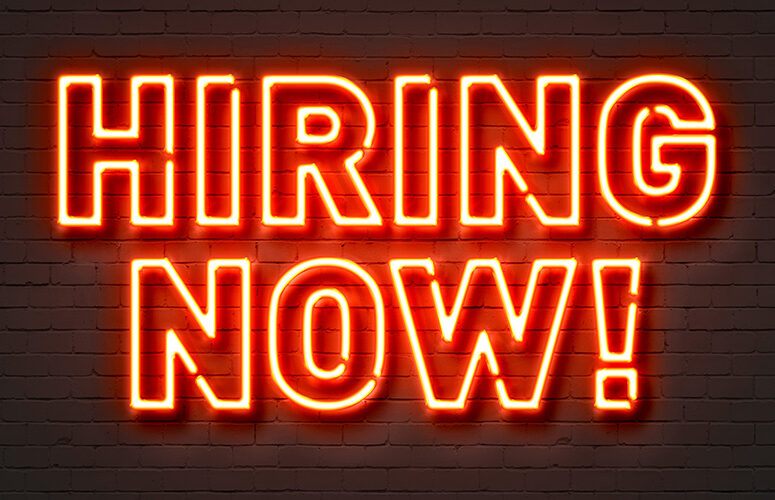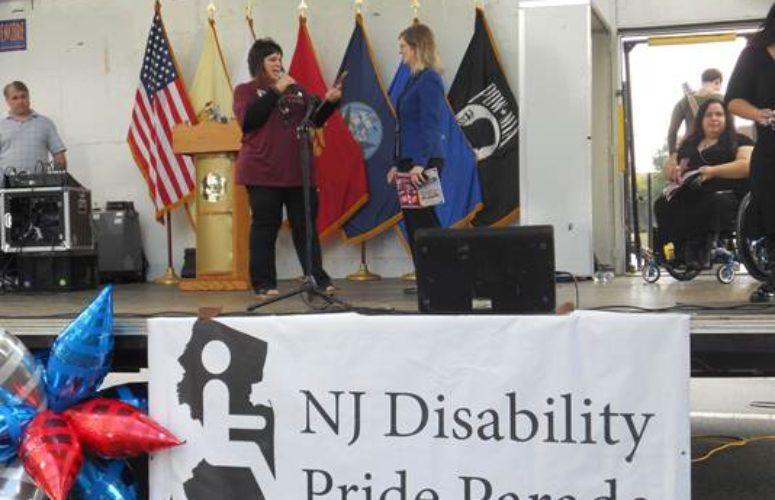
Misguided State Policies Creating a Hiring Crisis
By Michele N. Siekerka, NJBIA President and CEO On May 26, 2021With COVID-19 cases declining and New Jersey’s vaccination goals in sight, the governor recently eased operating restrictions on some businesses. The move was a long-overdue step in the right direction, but it will fall short if the state ignores the hiring crisis that threatens to drag down our economic recovery.
Federal stimulus checks, easier vaccine access, and the lifting of more COVID-19 restrictions helped drive a 20% increase in consumer spending in New Jersey in April. The paradox, unfortunately, is that too many New Jersey businesses cannot find the workers they need to keep up with an increasing demand for products or services.
How is it businesses can’t find anyone to work in a state that has had one of the highest unemployment rates in the nation?

Michele Siekerka, president and CEO, New Jersey Business & Industry Association (NJBIA)
Small and seasonal business owners report that extended unemployment benefits, coupled with a $300 federal bonus on top of state-level benefits, are disincentivizing people from taking available jobs. Add in the fact that New Jersey no longer requires people who collect jobless benefits to show they are actively looking for work and you have some, though not all, of the ingredients of the current hiring crisis.
At a news conference in early May, Gov. Phil Murphy was pressed about why he isn’t reinstating the requirement that people collecting unemployment benefits show that they are actually looking for work. The upshot of his response was that the problem would work itself out by September when extended unemployment benefits expire.
But New Jersey’s $46-billion tourism industry, which depends heavily on spending by summer visitors, cannot wait until September for the hiring crisis to work itself out. Seasonal businesses need to hire now and cannot be fully open this summer without enough workers.
To be clear, there are other reasons why people aren’t returning to work, and it has nothing to do with a lack of motivation. When public schools remain closed to full-day in-person learning and childcare centers are forced to limit enrollment because of ongoing state COVID-19 operating restrictions, parents are unable to return to work even though they want to. Lacking safe places to send their children, parents cannot work outside the home.
Working mothers have been disproportionately impacted by the pandemic, and the state’s COVID-19 restrictions that still, at press time, prevent childcare facilities from operating at 100% capacity are shutting many mothers of young children out of the workforce. These restrictions should be lifted at childcare centers, as well as summer camps and summer programs.
There are 34% fewer New Jersey businesses now, compared to January of 2020 before the COVID-19 pandemic began. Many of those that survived sustained exorbitant losses. The state should be doing all it can to help those that have survived this long rebound quickly.
That means reforming antiquated work rules for teens age 14 to 17 that limit the type of work they can do and the hours they can work so that they can fill the jobs that employers cannot find adults to do. It means no additional mandates that restrict operations or increase costs. And it means not allowing misguided unemployment benefit rules and unnecessary COVID-19 childcare restrictions to prolong a hiring crisis that will derail that recovery.
What’s needed are sensible state policies that encourage people to actively look for work and make it possible for them to do that by reopening schools for full-day in-person learning and allowing childcare facilities to once again operate safely at full capacity.
To access more business news, visit NJB News Now.
Related Articles:





